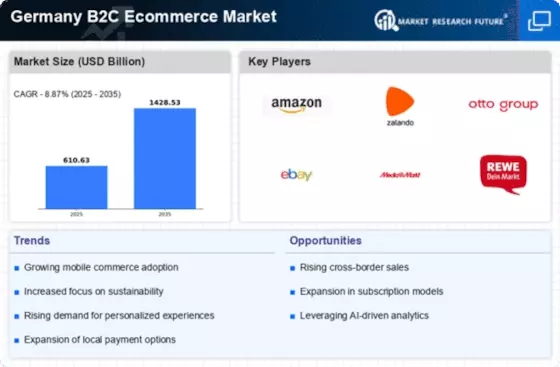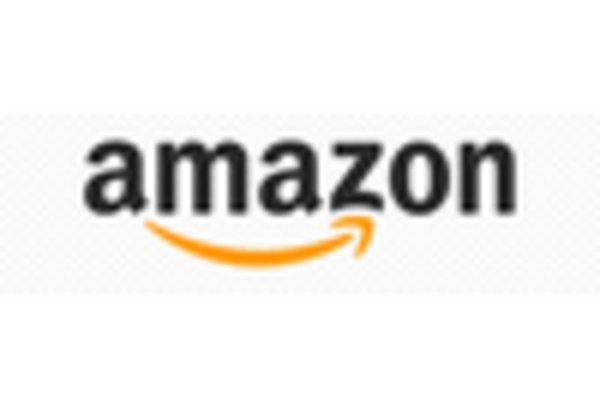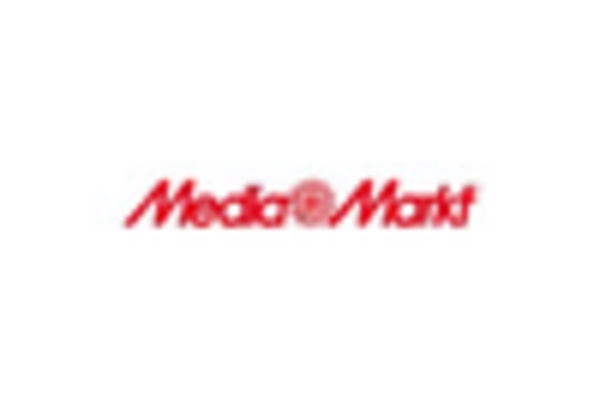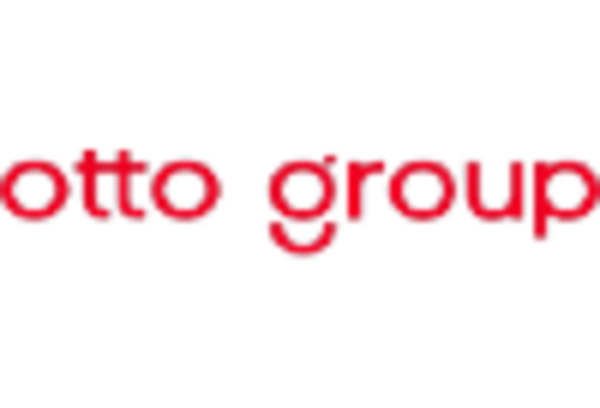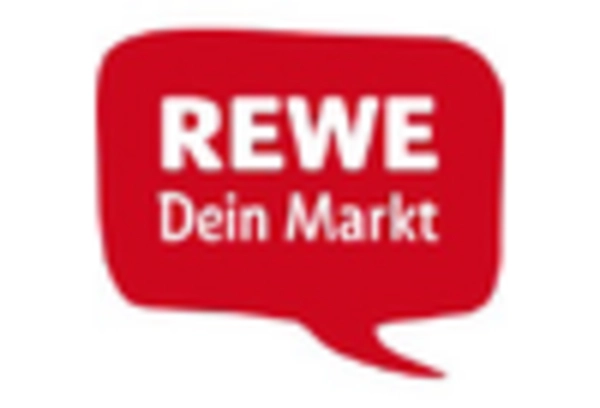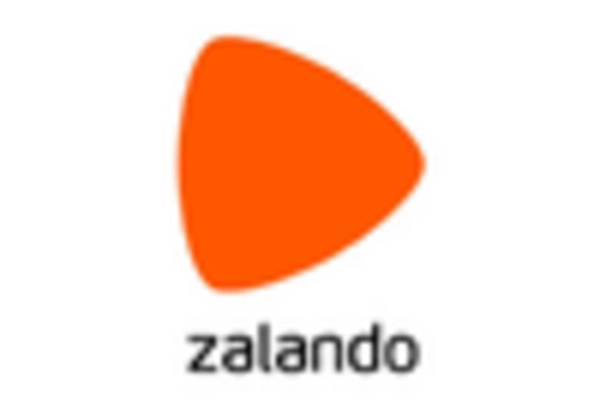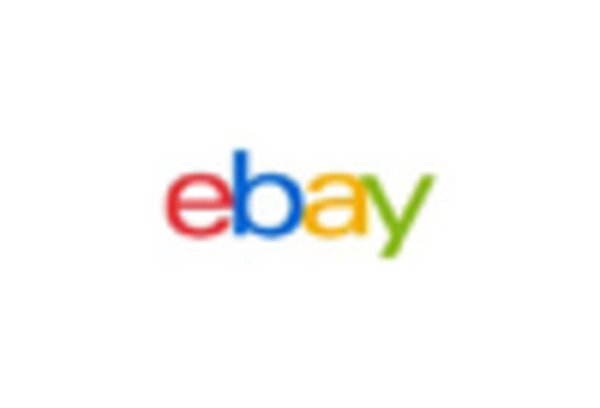Emergence of Niche Markets
The emergence of niche markets is reshaping the Germany B2C Ecommerce Market, as businesses cater to specific consumer needs and preferences. In January 2026, there is a noticeable trend towards specialized online stores that offer unique products, such as eco-friendly goods, handmade items, and local artisanal products. This diversification allows e-commerce platforms to differentiate themselves in a competitive landscape. As consumers increasingly seek personalized shopping experiences, niche markets are likely to thrive, attracting dedicated customer bases. The growth of these specialized segments within the Germany B2C Ecommerce Market may lead to increased innovation and competition, ultimately benefiting consumers through a wider array of choices.
Growing Internet Penetration
The Germany B2C Ecommerce Market is experiencing a notable increase in internet penetration, which is a crucial driver for online shopping. As of January 2026, approximately 93 percent of the German population has access to the internet, facilitating a broader customer base for e-commerce businesses. This widespread connectivity enables consumers to shop online conveniently, leading to increased sales and market growth. Furthermore, the rise of high-speed internet and mobile data services enhances the online shopping experience, allowing for seamless transactions. The growing number of internet users is likely to continue driving the expansion of the Germany B2C Ecommerce Market, as more individuals become comfortable with digital transactions and explore various online retail options.
Advancements in Payment Solutions
The Germany B2C Ecommerce Market benefits significantly from advancements in payment solutions, which enhance consumer confidence in online shopping. The introduction of secure payment methods, such as digital wallets and buy-now-pay-later options, has transformed the purchasing landscape. As of January 2026, around 60 percent of online shoppers in Germany prefer using digital payment methods, indicating a shift away from traditional payment options. This trend not only streamlines the checkout process but also reduces cart abandonment rates, thereby boosting sales for e-commerce platforms. The continuous innovation in payment technologies is expected to further stimulate the growth of the Germany B2C Ecommerce Market, as businesses adapt to meet evolving consumer preferences.
Rising Consumer Trust in Online Shopping
Consumer trust is a fundamental driver of the Germany B2C Ecommerce Market, as it influences purchasing decisions. In January 2026, a significant percentage of German consumers express confidence in online shopping, largely due to stringent data protection regulations and robust consumer rights laws. The General Data Protection Regulation (GDPR) has established a framework that protects consumer data, fostering a sense of security among online shoppers. Additionally, e-commerce platforms are increasingly transparent about their return policies and customer service, further enhancing trust. This growing confidence is likely to encourage more consumers to engage in online shopping, thereby propelling the growth of the Germany B2C Ecommerce Market.
Increased Focus on Logistics and Delivery
The logistics and delivery sector plays a pivotal role in the Germany B2C Ecommerce Market, as efficient delivery services are essential for customer satisfaction. In January 2026, the demand for fast and reliable shipping options is at an all-time high, with many consumers expecting same-day or next-day delivery. E-commerce companies are investing heavily in logistics infrastructure, including partnerships with local courier services and the establishment of fulfillment centers. This focus on improving delivery times and reducing shipping costs is likely to enhance the overall shopping experience, thereby attracting more customers to the Germany B2C Ecommerce Market. As logistics capabilities continue to evolve, they will remain a key driver of market growth.


